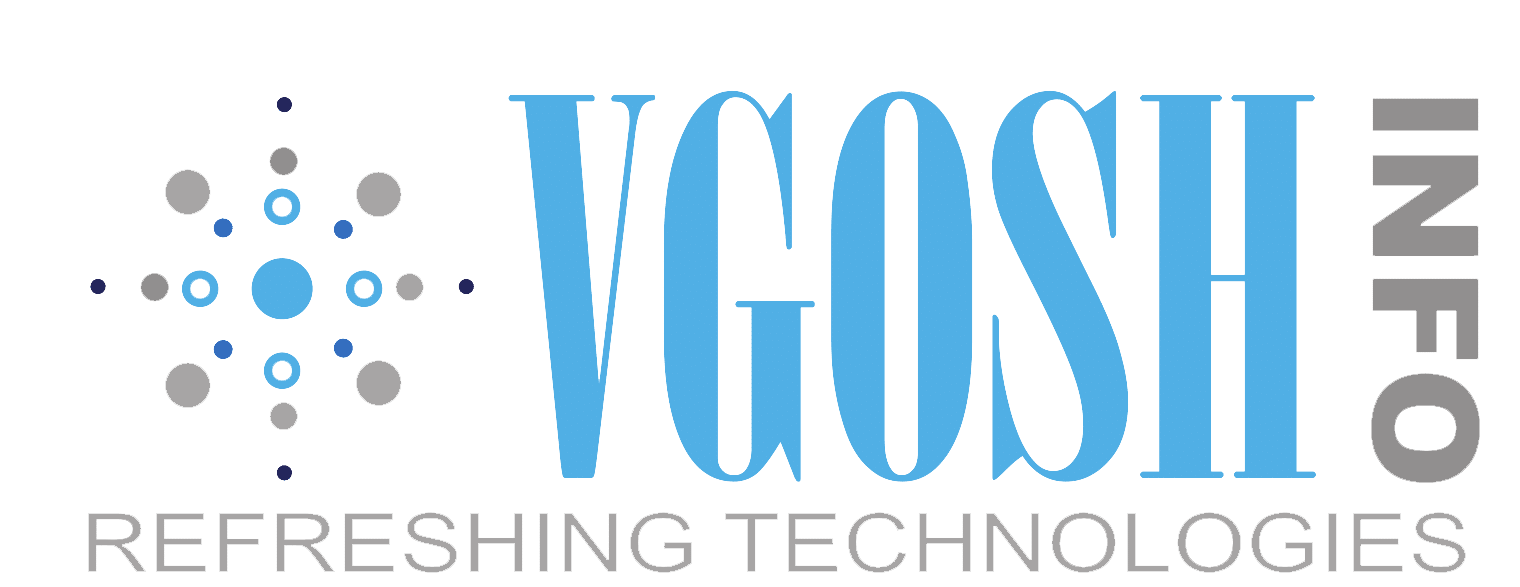Open AI vs. Google AI: Which Company Has the Edge in AI Research?
In the race to lead the artificial intelligence (AI) industry, two companies stand out: Open AI and Google AI. Both companies are renowned for their cutting-edge research and development efforts, but which one has the edge in AI research?
Open AI is a non-profit organization that is dedicated to creating safe and beneficial AI systems. The company is known for its focus on ethics and safety, as well as its commitment to open-source development. Open AI has made many of its research findings and tools publicly available, which has helped to accelerate the development of AI.
Google AI, on the other hand, is the AI research arm of Google, one of the largest technology companies in the world. The company has access to vast resources, including some of the most powerful supercomputers, which allows it to tackle complex AI problems and develop large-scale AI systems. Google AI has a strong commercialization strategy and has developed several products that utilize AI, generating significant revenue for the company.
When it comes to AI research, both companies have their strengths and weaknesses. Open AI’s focus on ethics and safety is commendable, and the company’s open-source development philosophy has led to collaboration with other researchers and companies. However, Open AI’s lack of commercialization strategy and resource limitations can limit the resources available for research and development.
Google AI, on the other hand, has access to vast resources and a strong commercialization strategy. The company has formed partnerships with many other companies and organizations, enabling it to collaborate with other experts in the field and tackle some of the most challenging problems in AI. However, Google AI has faced criticism for its involvement in some controversial projects and concerns about privacy and data practices.
Open AI: Advantages and Disadvantages
Open AI is an AI research organization that was founded in 2015 with a mission to create safe and beneficial AI systems. The organization is backed by a team of renowned researchers, including some of the most well-known names in AI, such as Elon Musk and Sam Altman. Here are some of the key strengths and weaknesses of Open AI.
Strengths:
- Focus on ethics and safety: One of OpenAI’s unique strengths is its focus on ensuring that AI is developed in a way that is safe and ethical. The company has a dedicated team that works on researching and implementing safeguards to prevent unintended consequences of AI, such as bias, lack of transparency, and malicious use.
- Open-source philosophy: OpenAI has a strong commitment to open-source development and has made many of its research findings and tools publicly available. This approach has led to collaboration with other researchers and companies and has helped to accelerate the development of AI.
- Interdisciplinary approach: OpenAI is known for its interdisciplinary approach to AI research, bringing together experts from fields such as computer science, mathematics, neuroscience, and philosophy. This approach has enabled the company to tackle complex AI problems from multiple angles.
Weaknesses:
- Lack of commercialization: Unlike Google AI, Open AI has not yet developed a strong commercialization strategy. While the company has partnerships with several businesses, it has yet to release a commercial product that generates significant revenue.
- Resource limitations: Open AI is a non-profit organization and relies on funding from donors to support its research efforts. This can limit the resources available for research and development compared to for-profit companies.
Google AI: Advantages and Disadvantages
Google AI, on the other hand, is the AI research arm of Google, one of the world’s largest technology companies. Google AI is known for its work in a wide range of AI subfields, from computer vision to natural language processing. Here are some of the key strengths and weaknesses of Google AI.
Strengths:
- Resources: As a part of Google, Google AI has access to a vast amount of resources, including some of the world’s most powerful supercomputers. This allows the company to tackle complex AI problems and develop large-scale AI systems that would be impossible for smaller organizations.
- Commercialization: Google AI has a strong commercialization strategy and has developed several products that utilize AI, such as Google Assistant, Google Translate, and Google Photos. This has generated significant revenue for the company and allowed it to invest heavily in AI research.
- Strong partnerships: Google AI has formed partnerships with many other companies and organizations, such as DeepMind and the Partnership on AI. These partnerships have enabled Google AI to collaborate with other experts in the field and tackle some of the most challenging problems in AI.
Weaknesses:
- Ethical concerns: Google AI has faced criticism for its involvement in some controversial projects, such as its work with the US military on Project Maven. The company has also been accused of not doing enough to prevent bias and discrimination in its AI systems.
- Privacy concerns: Google AI’s focus on commercialization has led to concerns about privacy and the use of personal data. The company has faced several lawsuits and regulatory investigations related to its data practices.
Ultimately, the edge in AI research depends on the specific goals and values of the organization. For those who prioritize ethics and safety, Open AI may be the better choice. For those who prioritize resources and commercialization, Google AI may be the better choice. Regardless of which company has the edge, both Open AI and Google AI are driving innovation and shaping the future of AI.




